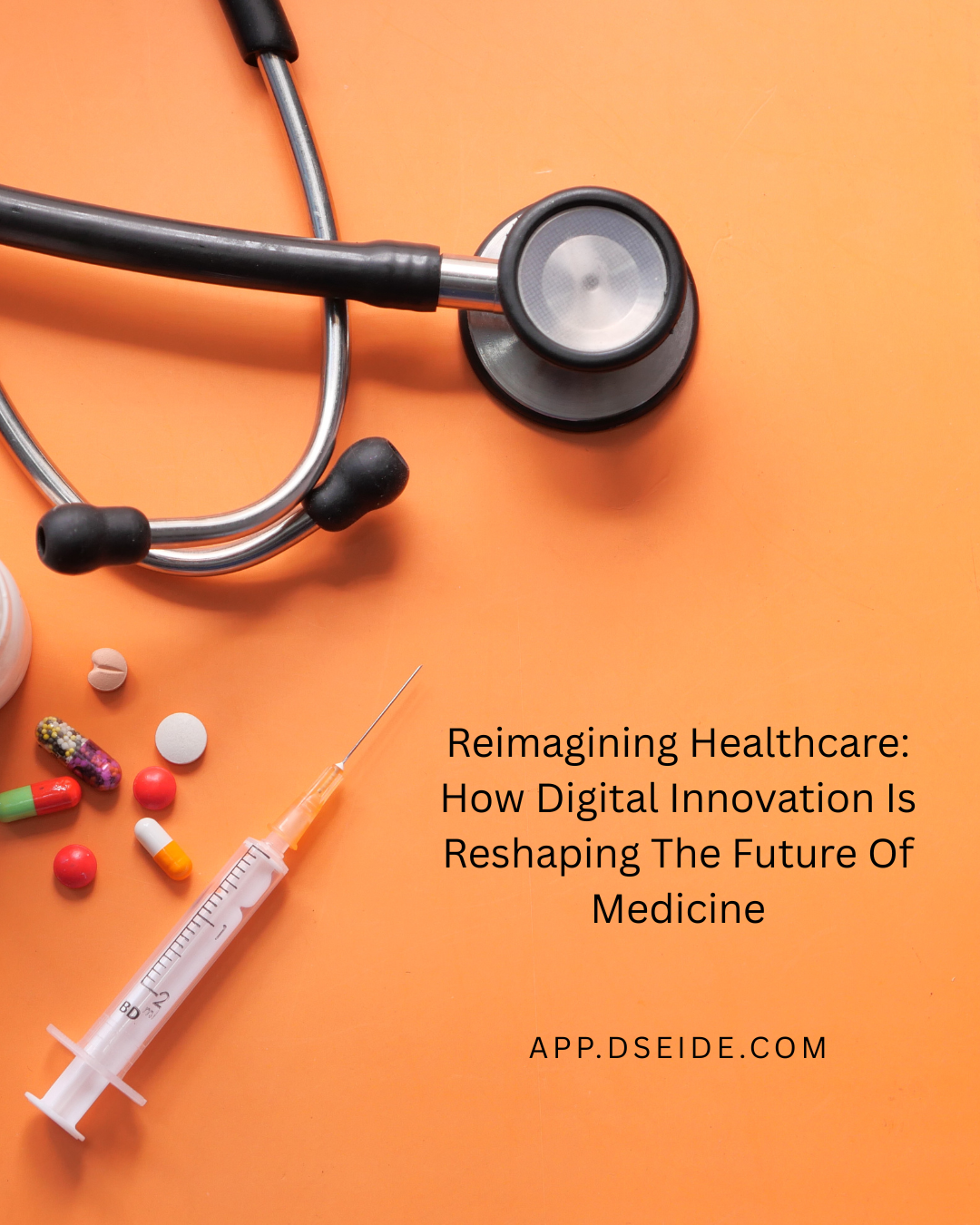Medicine is undergoing a profound transformation, driven by rapid technological advances. From AI and telemedicine to wearables and genomics, digital tools are redefining how doctors diagnose, treat, and prevent disease. What began as a pandemic-fueled pivot is now a permanent shift toward smarter, more connected, and personalised healthcare.
To help understand how digital innovation is shaping the future of medicine, Ayush Chauhan, Executive Director of Prakash Hospital, Noida, shared his insights.
Artificial intelligence is probably the most powerful force reshaping medicine today. From reading radiology images to predicting patient outcomes, AI technologies are improving accuracy and reducing human error. Chauhan explains, “AI programs can detect breast cancer in mammograms with 94.5% accuracy, matching or even surpassing that of human radiologists. AI is also hastening the discovery of drugs.
SOURCE- NEWS 18
To help understand how digital innovation is shaping the future of medicine, Ayush Chauhan, Executive Director of Prakash Hospital, Noida, shared his insights.
Artificial intelligence is probably the most powerful force reshaping medicine today. From reading radiology images to predicting patient outcomes, AI technologies are improving accuracy and reducing human error. Chauhan explains, “AI programs can detect breast cancer in mammograms with 94.5% accuracy, matching or even surpassing that of human radiologists. AI is also hastening the discovery of drugs.
SOURCE- NEWS 18
Medicine is undergoing a profound transformation, driven by rapid technological advances. From AI and telemedicine to wearables and genomics, digital tools are redefining how doctors diagnose, treat, and prevent disease. What began as a pandemic-fueled pivot is now a permanent shift toward smarter, more connected, and personalised healthcare.
To help understand how digital innovation is shaping the future of medicine, Ayush Chauhan, Executive Director of Prakash Hospital, Noida, shared his insights.
Artificial intelligence is probably the most powerful force reshaping medicine today. From reading radiology images to predicting patient outcomes, AI technologies are improving accuracy and reducing human error. Chauhan explains, “AI programs can detect breast cancer in mammograms with 94.5% accuracy, matching or even surpassing that of human radiologists. AI is also hastening the discovery of drugs.
SOURCE- NEWS 18




